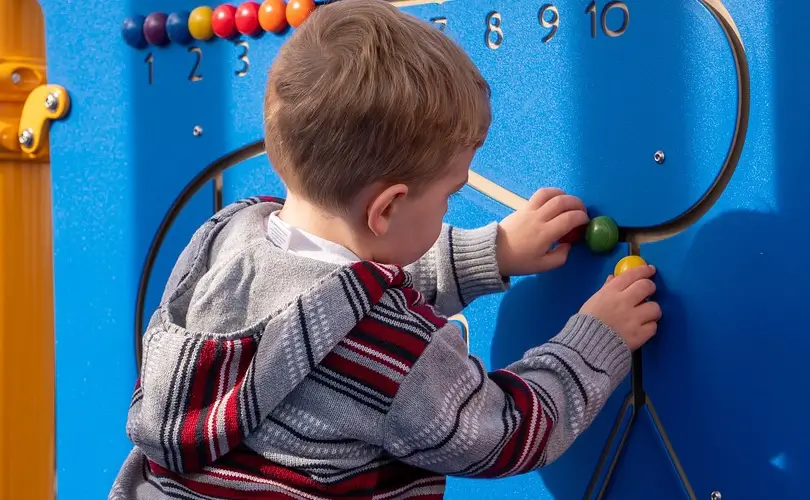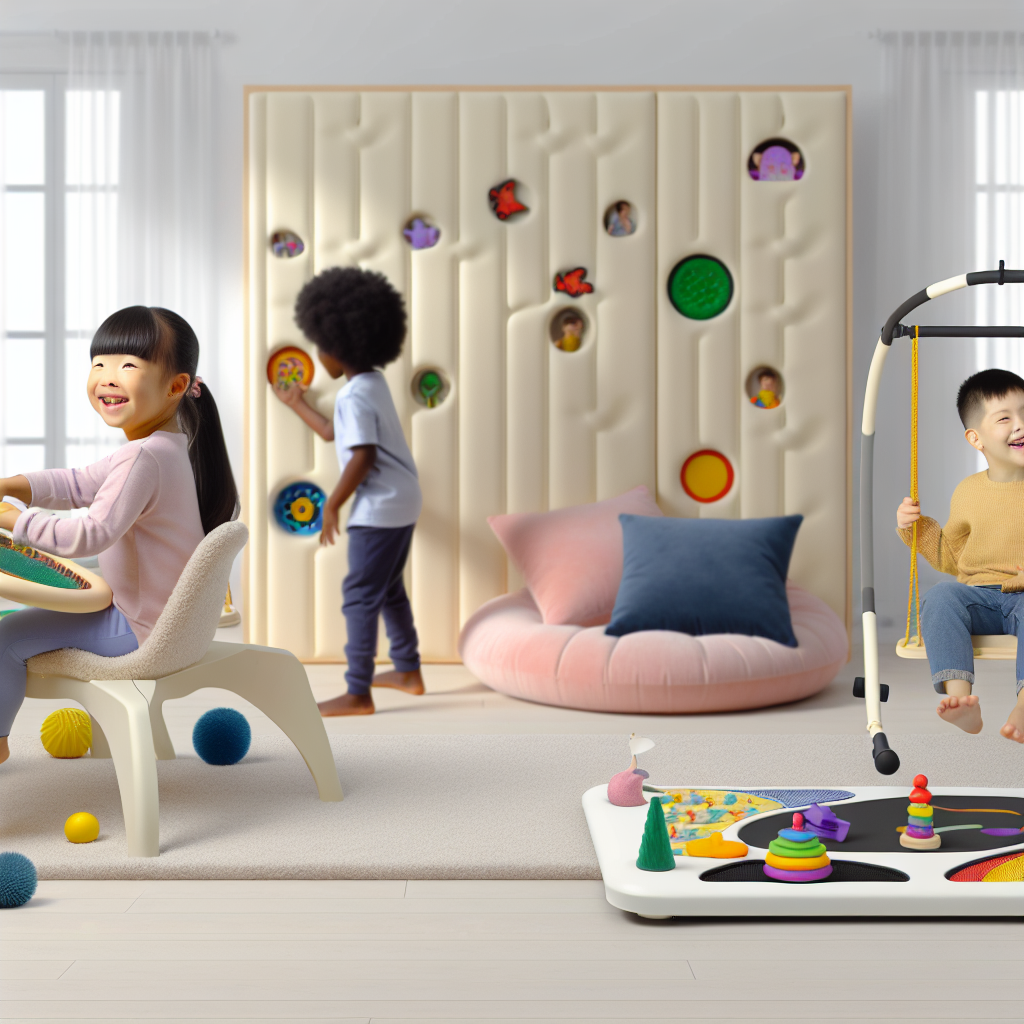Presenting in front of the class or participating in group projects can be stressful for kids. The good news is that they have access to various methods that can assist them in coping with the current scenario.
Examples are having fun with friends, working up a sweat, and using art supplies to convey your feelings. In addition, self-control and keeping calm under pressure are two skills that can help children cope with stressful situations.
Using humor as a means of relieving tension among young people
Laughter is an excellent tool for helping your kids cope with difficult emotions. It improves people’s ability to relax and boosts their self-esteem. In addition, it can offer kids the idea that they can handle challenging situations, which can help them build resilience.
Using humor to help kids deal with stressful situations is helpful in some studies. One of the numerous advantages that humor may provide children is the capacity to laugh in the face of adversity.
Whenever kids are asked how they handled a difficult situation, they often talk about how they laughed it off. For instance, they may have shared a tale about parting ways with a friend or loved one.
They can come up with witty comebacks if they ever find themselves in a similar position with that person again. As a result, they’d be better able to deal with the stress of breaking up.
Kids who exercise regularly are better able to regulate their emotions.
There is evidence that exercise can help kids learn to regulate their feelings. For example, youth feeling stressed out may benefit from aerobic and strength training activities. Children who are anxious or depressed may try to ease the atmosphere by taking a few deep breaths.
The rabbit, belly, and balloon breathing methods are other examples of calming breathing exercises for kids. Physical activity also helps kids learn to control their emotions, which boosts their confidence and resilience.
Many low-income families lack the resources to enroll their children in organized extracurricular activities, but kids can still do well in school if they get some exercise.
Find things your children are interested in doing, and make sure you set some time for them to play outside. Parents should provide toys encouraging movement to demonstrate to their children the importance of staying active.
It has been suggested that children use art materials to process their feelings.
Using art supplies allows many children to convey their feelings and experiences. Children can cope with these tense situations if given the sensory input they need, such as that can be gained through painting supplies. Kids can grow in their imagination and self-awareness by participating in art projects.
They can digest intense emotions and express themselves in a complete way when they do so without the use of words. Their sensory input from art tools greatly aids children’s growth.
Art therapy in a therapeutic setting allows children greater latitude in expressing their inner worlds, which can profoundly affect their well-being. For example, to help children cope with traumatic experiences, it is helpful to have them think about what may have happened if it hadn’t happened.
Because of this, they may be better able to communicate with their family members and any other adults they come into contact with. Also, it can aid in developing their linguistic abilities, capacity for sustained eye contact, and attentiveness. Last but not least, it can help kids learn skills that will help them deal with bad feelings as they get older.
Listening is a healthy outlet for children to work through their feelings.
Listening to a youngster while they process their feelings through speech is a powerful act of service. Children can feel several emotions simultaneously, including joy, excitement, fear, and even guilt. You can help them find peace and let go of their feelings if you listen to the full range of emotions they’re experiencing.
Children appreciate it when their parents take the time to listen to them, as this reinforces the importance of the parent-child bond. It’s important to remember that kids always worry about rejection, and fear might make them tune out. This is crucially important to remember.
Emotional communication using words
Teaching your kids how to put their thoughts into words is one of the best things you can do to help them cope with emotional difficulties. There is a correlation between a child’s verbal expression and resilience, so kids who can better talk about their feelings will be more resilient overall. Children’s disruptive conduct is reduced, and they develop better interpersonal and communication skills.
Children who can better express themselves socially are more likely to create and sustain healthy friendships. They can express their thoughts and arguments, avoiding conflicts with their pals.
Regarding anger management, children require a channel to communicate their feelings. They’re fortunate in that they can pursue a wide range of physically taxing activities as stress relief.
Some people find it helpful to release their frustration by punching a cushion, banging on play dough, or running around the house. It’s a great plan to make a poster with several acceptable expressions of emotion.

Dominic E. is a passionate filmmaker navigating the exciting intersection of art and science. By day, he delves into the complexities of the human body as a full-time medical writer, meticulously translating intricate medical concepts into accessible and engaging narratives. By night, he explores the boundless realm of cinematic storytelling, crafting narratives that evoke emotion and challenge perspectives. Film Student and Full-time Medical Writer for ContentVendor.com




